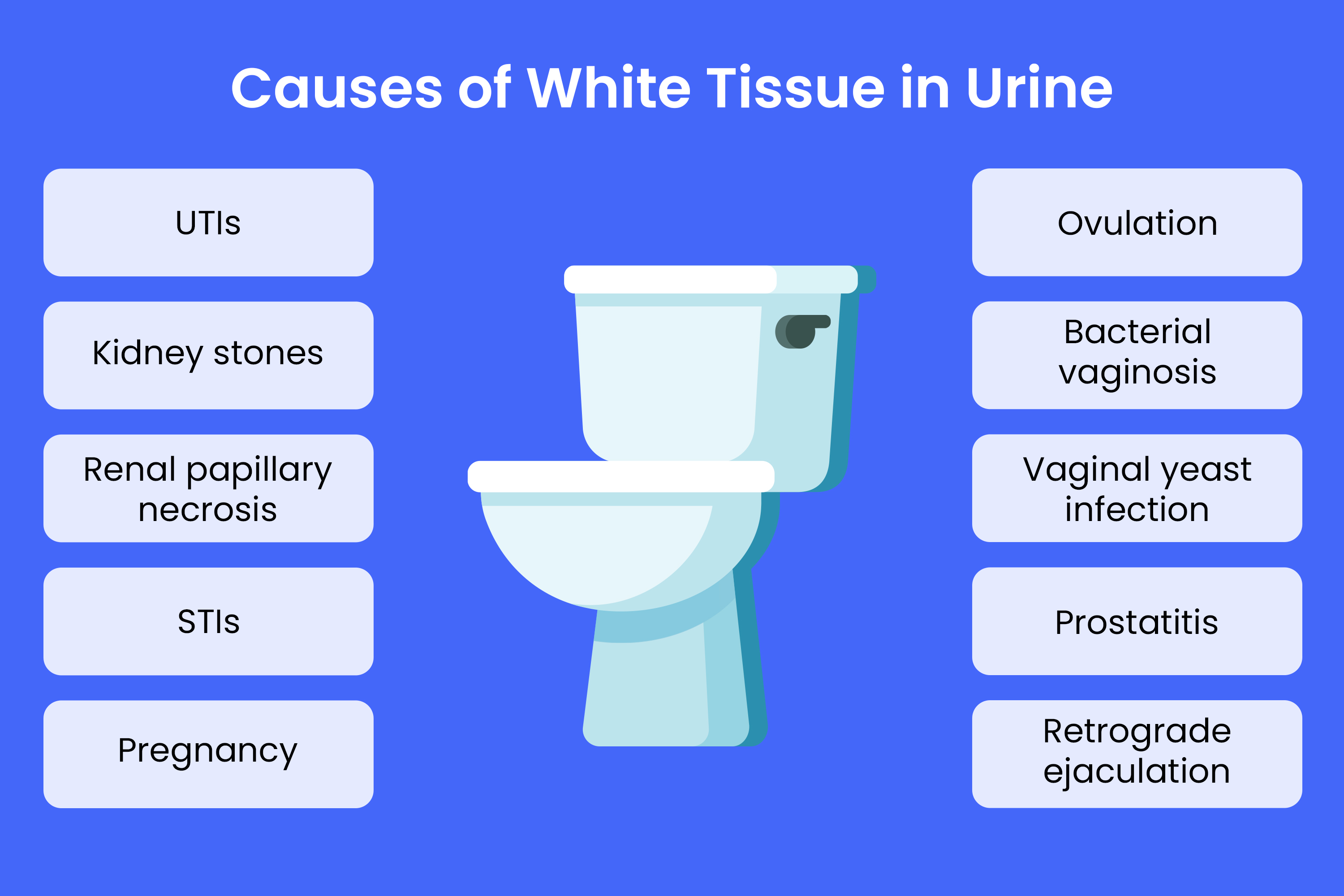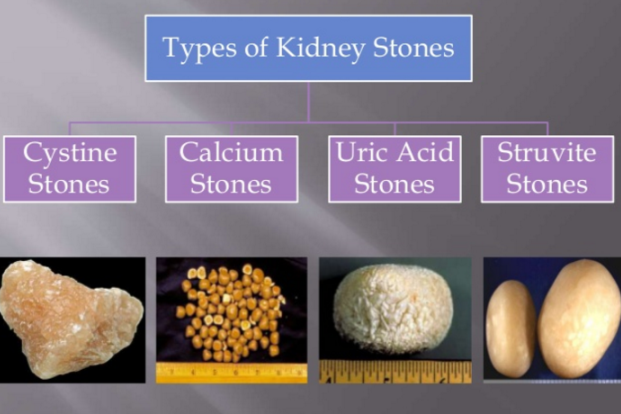Exploring Kidney Stones vs UTI: A Clear Summary of Causes, Signs, and Treatments
Exploring Kidney Stones vs UTI: A Clear Summary of Causes, Signs, and Treatments
Blog Article
Understanding the Trick Differences In Between Kidney Stones and Urinary Tract Infections: A Comprehensive Review for Patients
Understanding the distinctions in between kidney stones and urinary tract infections (UTIs) is important for individuals who may be experiencing comparable signs yet deal with vastly different health and wellness challenges. As we discover these important facets, it becomes clear that identifying the special characteristics of each condition can greatly influence person results.
Review of Kidney Stones
The formation of kidney stones, a usually incapacitating and painful condition, highlights the important significance of maintaining kidney health. Kidney stones, additionally recognized as renal calculi, are solid masses that develop from crystals in the pee. These stones can vary in size from a grain of sand to a golf ball and can reside in any component of the urinary system. The key kinds of kidney stones include calcium oxalate, calcium phosphate, uric acid, struvite, and cystine stones, each with unique causes and threat elements.
Numerous aspects contribute to the formation of kidney stones. Dehydration is a considerable threat, as not enough liquid intake can cause concentrated urine, advertising crystal formation. Dietary practices, including high salt and oxalate intake, can aggravate the threat. Additionally, metabolic problems and specific clinical conditions may incline individuals to stone formation.
Signs of kidney stones can include serious flank discomfort, nausea, and hematuria, which often motivate immediate medical assessment. Therapy alternatives vary, varying from boosted fluid consumption and dietary modifications to medical interventions such as lithotripsy or medical elimination, depending on the size and area of the stones. Comprehending these facets is necessary for efficient prevention and monitoring.
Introduction of Urinary System Infections
Urinary system tract infections (UTIs) stand for a typical yet significant health concern, affecting millions of people every year. These infections take place when bacteria get in the urinary system, which consists of the kidneys, ureters, bladder, and urethra.
The danger elements for establishing a UTI consist of sexual activity, particular sorts of birth control, urinary retention, and a background of previous infections. Individuals with weakened pre-existing problems or immune systems, such as diabetes, may also be at better threat. UTIs can be categorized into 2 major kinds: complicated and uncomplicated. Straightforward UTIs are normally restricted to the bladder and are a lot more usual in healthy and balanced people, while complex UTIs may include the kidneys and occur in those with underlying health and wellness problems.
Motivate diagnosis and treatment are vital to protect against difficulties, such as persistent infections or kidney damage (Kidney Stones vs UTI). Normally, UTIs are treated with antibiotics, and safety nets can be used for those with regular events
Common Signs Comparison
Symptoms of urinary tract infections and kidney stones can frequently overlap, leading to confusion in medical diagnosis. In comparison, kidney stones often tend to trigger serious, sharp pain that emits from the back to the lower abdomen and groin, often defined as colicky pain.
Additionally, UTIs might be accompanied by high temperature and chills, particularly in a lot more serious cases, while kidney stones can result in queasiness and throwing up as a result of intense discomfort. Both conditions can result in blood in the urine (hematuria), however the existence of blood is a lot more typically connected with kidney stones. While discomfort throughout peeing is a hallmark of UTIs, kidney stones usually offer with more sharp pain episodes, which may reoccur. Comprehending these sign distinctions can assist individuals in identifying their condition, although clinical examination stays crucial for exact diagnosis and treatment.
Diagnosis Approaches
Exactly how can medical care experts precisely differentiate in between kidney stones and urinary system tract infections? The analysis process starts with a complete case history and a detailed evaluation of the individual's symptoms. Medical professionals typically perform a health examination, which may expose tenderness in the abdominal area or flank area, assisting the analysis path.
Lab tests play an essential role in identifying in between these 2 problems. Kidney Stones vs UTI. A urinalysis can identify the existence of blood, crystals, or bacteria, which are indicative of either condition. In cases of urinary tract infections, the urinalysis may reveal a significant visibility of white blood cells and nitrites, while kidney stones may provide with particular crystals
Imaging researches, such as abdominal ultrasound or computed tomography (CT) scans, are crucial for imagining kidney stones. These imaging techniques make it possible for health care carriers to analyze stone dimension, place, and possible obstructions in the urinary system tract. On the other hand, urinary system infections normally do not require click here for more info imaging unless complications are suspected.
Together, these analysis approaches equip healthcare professionals to accurately differentiate and diagnose between kidney stones and urinary system infections, making sure that people receive proper treatment and monitoring.
Treatment Alternatives and Avoidance
While both kidney stones and urinary system system infections (UTIs) call for punctual treatment, their management approaches vary substantially.
The treatment for kidney stones commonly includes discomfort administration, hydration, and sometimes, clinical procedures such as extracorporeal shock wave lithotripsy (ESWL) or ureteroscopy to remove or break down stones. Patients are frequently advised to boost fluid consumption to assist in stone passage and decrease recurrence. Dietary modifications might additionally be necessary, depending upon the stone type.
In contrast, UTIs are mainly treated with antibiotics to get rid of the bacterial infection. The specific official statement antibiotic suggested depends on the microorganisms determined and local resistance patterns. Extra steps, such as raised fluid consumption and urinary analgesics, might aid reduce signs.
Prevention techniques vary also; for kidney stones, preserving adequate hydration and adhering to nutritional restrictions can be efficient. For UTIs, preventive strategies consist of appropriate health methods, urinating after intercourse, and potentially prophylactic prescription antibiotics for recurrent infections. Understanding these treatment and prevention methods is crucial for efficient administration and to lessen the threat of difficulties connected with both conditions.
Final Thought

Comprehending the distinctions in between kidney stones and urinary system infections (UTIs) is crucial for people that may be experiencing similar symptoms yet encounter significantly various health and wellness challenges. The key types of kidney stones include calcium oxalate, calcium phosphate, uric acid, struvite, and cystine stones, each with unique causes and danger elements.

Report this page